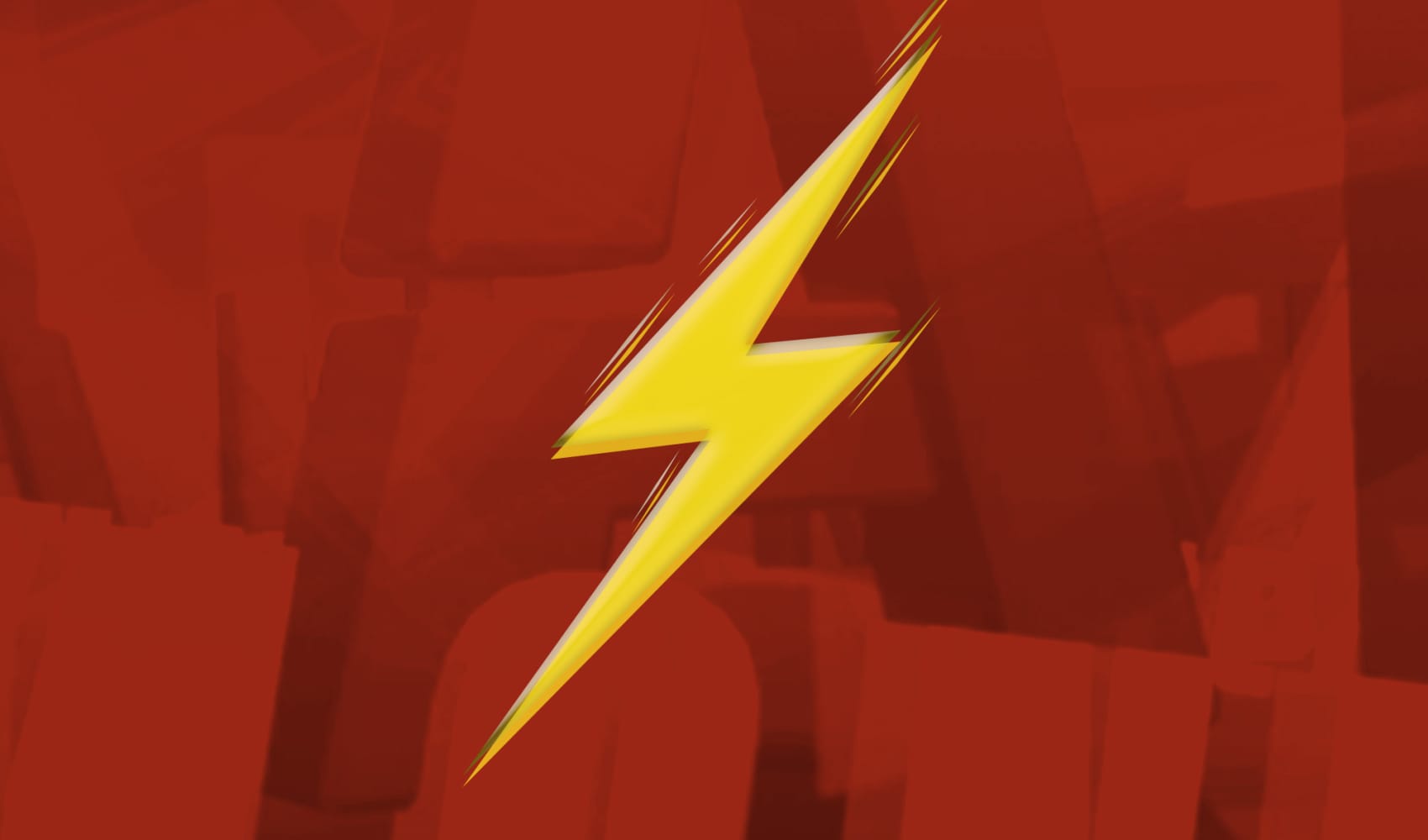
- Senate Democrats demanded the Trump administration make changes to its Covid-19 vaccine rollout strategy, saying it has "failed" states.
- "A vaccine allocated on a spreadsheet, or even a vaccine distributed and sitting on a self, is not enough to protect anyone," the lawmakers wrote.
- Trump administration officials have acknowledged vaccine distribution has been slower than they had hoped, citing the recent holidays as a potential factor.
Senate Democrats on Monday demanded the Trump administration make changes to its Covid-19 vaccine rollout strategy, saying it has "failed" states by not providing detailed guidance on how to effectively distribute the potentially lifesaving doses to Americans across the country.
The U.S. "cannot afford this vaccination campaign to continue to be hindered by the lack of planning, communication, and leadership we have seen so far," Senate Minority Leader Chuck Schumer and 44 other Democrats told Health and Human Services Secretary Alex Azar in a letter dated Monday. "The metric that matters, and where we are clearly moving too slowly, is vaccines in arms."
"A vaccine allocated on a spreadsheet, or even a vaccine distributed and sitting on a self, is not enough to protect anyone," the lawmakers added.
HHS did not immediately respond to CNBC's request for comment.
Trump administration officials have acknowledged vaccine distribution has been slower than they had hoped, citing the recent holidays as a potential factor. As of Monday morning, more than 25.4 million doses of vaccine had been distributed across the U.S., but just over 8.9 million shots have been administered, according to data compiled by the Centers for Disease Control and Prevention. The number is a far cry from the federal government's goal of inoculating 20 million Americans by the end of 2020 and 50 million Americans by the end of this month.
State and local health officials have said they are strapped for cash. They blame insufficient funding and inconsistent communication from the federal government for the slowdown in the number of doses administered.
Money Report
The American Hospital Association is pressing Azar to provide more federal support and coordination for Covid-19 vaccine distribution, saying the slow rollout has raised questions about how fast the public can be inoculated.
Additionally, President-elect Joe Biden, who is scheduled to be inaugurated in less than two weeks, has criticized the vaccine rollout, saying at the current place "it's going to take years, not months, to vaccinate the American people."
U.S. officials expect vaccinations to accelerate in the coming weeks. In an attempt to pick up the pace of vaccinations, Azar and Food and Drug Administration Commissioner Dr. Stephen Hahn last week urged states to begin vaccinating lower-priority groups against Covid-19. The CDC recommends prioritizing health-care workers and nursing homes first, but states can distribute the vaccine as they see fit.
Hahn told reporters that states should give shots to groups that "make sense," such as the elderly, people with preexisting conditions, police, firefighters and other essential workers.
"We've heard in the press that some folks have said, 'OK, I'm waiting to get all of my health-care workers vaccinated. We have about 35% uptake of the vaccine.' I think it reasonable to expand that" to other groups, Hahn said Friday during an event hosted by the Alliance for Health Policy. "I would strongly encourage that we move forward with giving states the opportunity to be more expansive in who they can give the vaccine to."
Democrats said the Trump administration should issue a "comprehensive national plan," which would include guidance on vaccine administration and how it will support states with supplies and the workforce needed to administer shots.
"In the absence of this long-overdue national plan, it is all the more important that the Trump Administration actively engage with state planning efforts in the coming days, identify challenges across distribution and administration, and proactively address problems that arise in partnership with jurisdictions," the lawmakers wrote.






